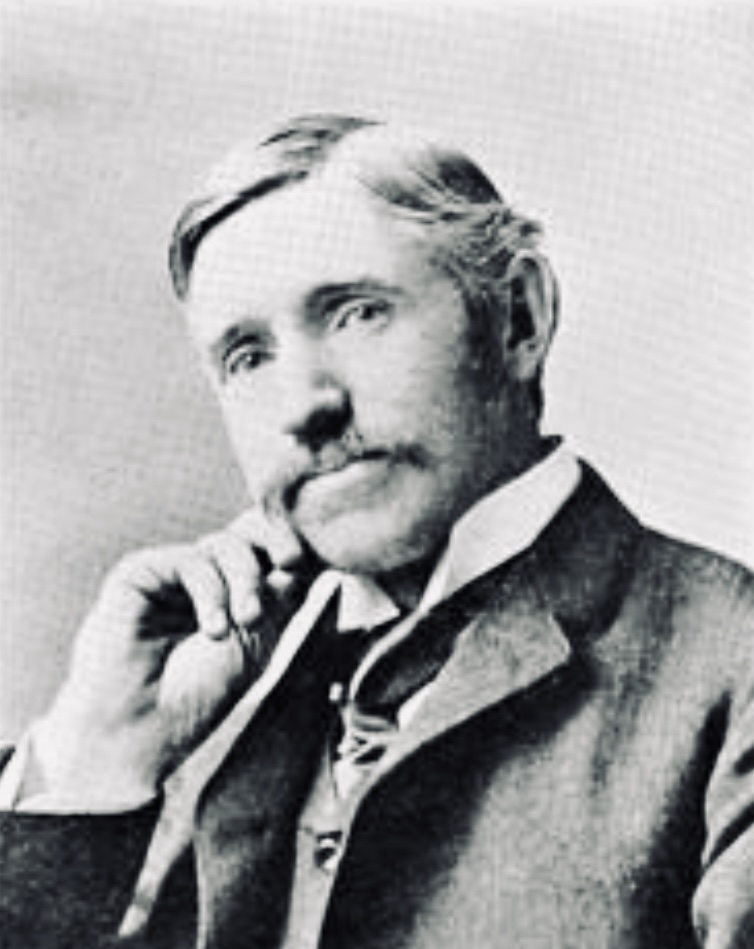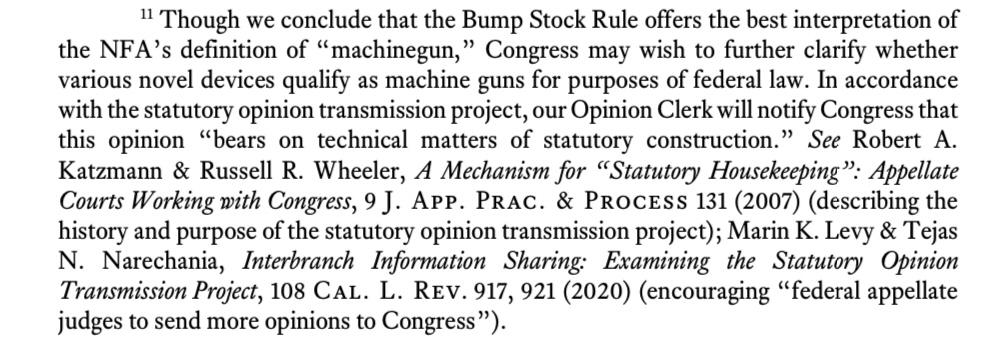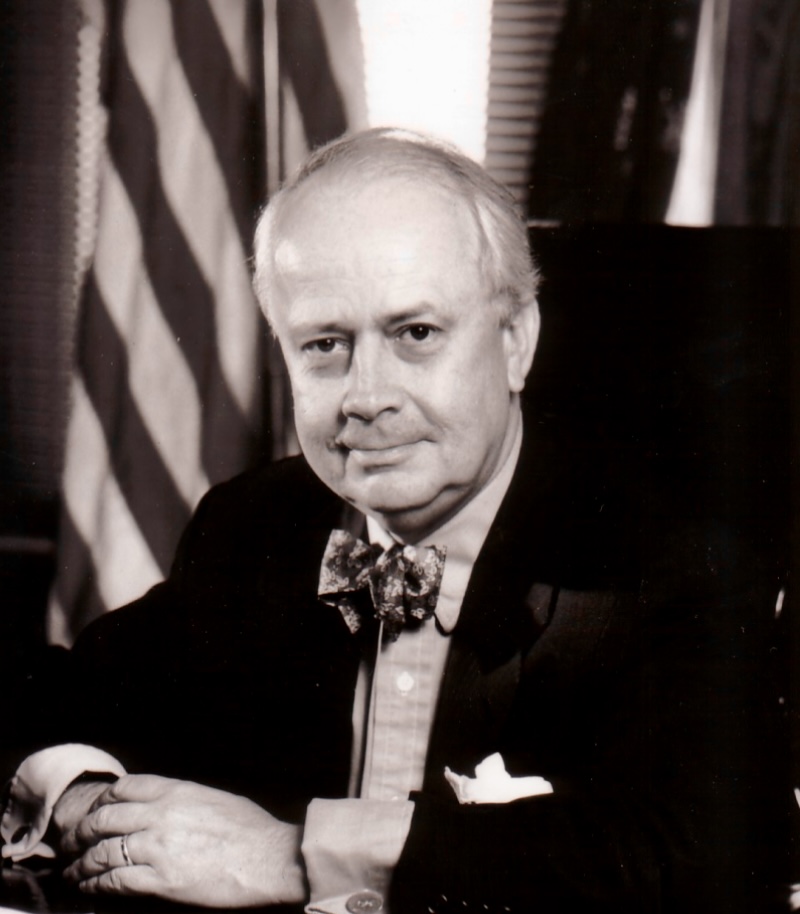
We know that Judge Learned Hand’s childhood nickname was “Bunny.”
But his pet name for his wife, Frances?
His dearest Kitten / Kitty.
But his pet name for his wife, Frances?
His dearest Kitten / Kitty.

Their beginning was very quaint.
He was 29 years old and "inexperienced with women" when he met Frances Fincke on a summer trip to Quebec in 1901.
Frances was . . . not sold on Learned.
He was 29 years old and "inexperienced with women" when he met Frances Fincke on a summer trip to Quebec in 1901.
Frances was . . . not sold on Learned.

Among other things, this Bryn Mawr graduate wanted independence, and worried that she would be "the doormat of a man of genius" if she agreed to marry him.
Frances waited for a year before deciding to accept his proposal - whereupon they kissed for the first time!
Frances waited for a year before deciding to accept his proposal - whereupon they kissed for the first time!
They married just three months later (in Dec. 1902), and went on to have 3 daughters in 5 years!
But sadly, their love took a turn . . . the subject of a ⚖️🧵 for later this week . . .
(fin)
But sadly, their love took a turn . . . the subject of a ⚖️🧵 for later this week . . .
(fin)

• • •
Missing some Tweet in this thread? You can try to
force a refresh










